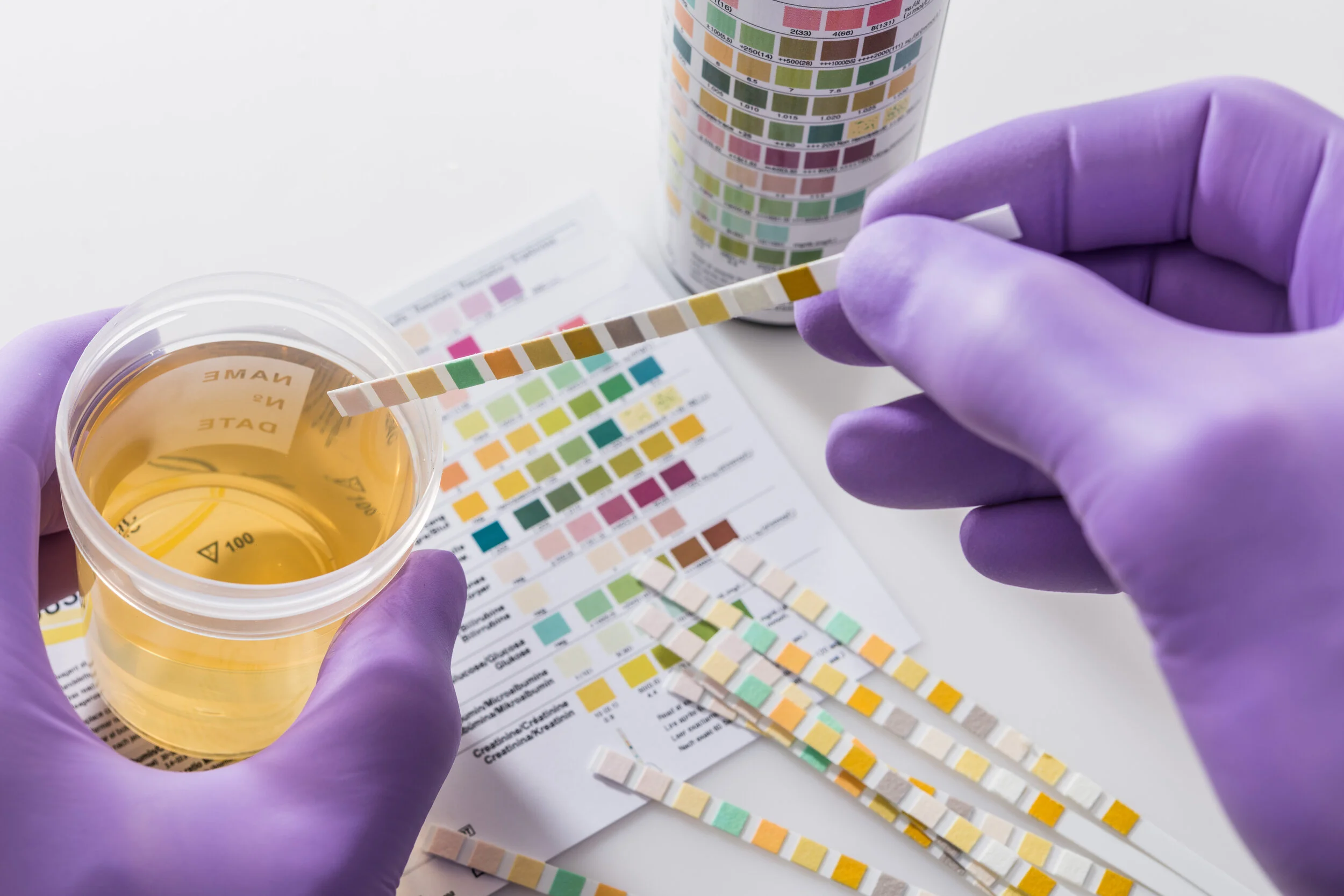Talking to Your Children About Drug Use
When children don’t feel comfortable talking to their parents about drug use, they’ll seek answers elsewhere, especially from unreliable sources. Children who don’t have accurate drug education are more at risk for engaging in unsafe behaviors and drug experimentation.
As a parent, it’s important for you to educate your kids about the effects of drug use and clear up any misconceptions. Being a role model and your views on drug use will influence how your children think about drugs. Therefore, making discussions about drugs a part of general health and safety conversations is critical, and we’ve provided a guide to talking to different age groups about drug use.
Preschool to Age 7
Whenever you give a fever medicine or antibiotic to your child, talk about why and when these medicines should be given.
If you see someone on T.V. or in a movie with a cigarette, talk about smoking, nicotine addiction, and the harm smoking causes to a person’s body.
Be specific about the effects of various drugs, such as how they make a person feel, overdose risk, and long-term damage.
Ages 8 to 12
Ask your kids what they think about drugs. Show them you’re listening and ask questions in an open and non-judgmental way.
Starting a conversation now will keep the door open as your kids get older and are less likely to share their thoughts and feelings.
News like steroid use in professional sports can be starting points for conversations about drug use and risks.
Ages 13 to 17
Use conversations to understand your child’s specific questions about drugs, and talk about the dangers and consequences of driving under the influence.
Consider creating a written or verbal contract about going out or using a car. Promise to pick your children up (with no questions asked) if the person responsible for driving has been drinking or doing drugs.
Make your expectations clear and eliminate surprises.
Laying a Good Foundation
No parent or family is immune to the effects of drug use. Know your child’s friends and their parents, and be involved in your children’s lives. Recognize when your kids are going through a difficult time and be willing to listen with a non-judgmental mindset. A warm and open family environment encourages kids to come forward with their questions and concerns.




















